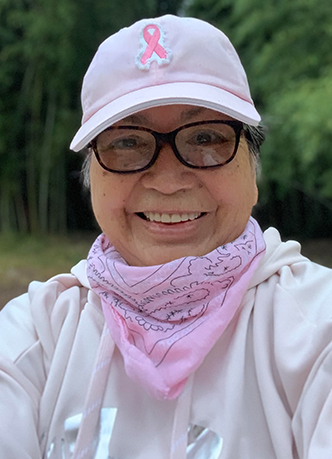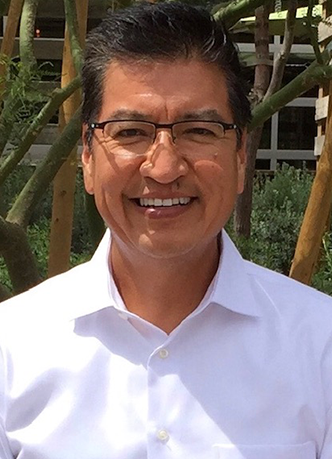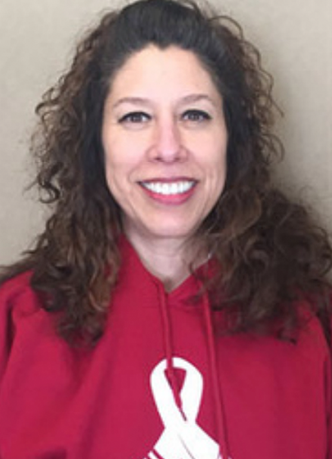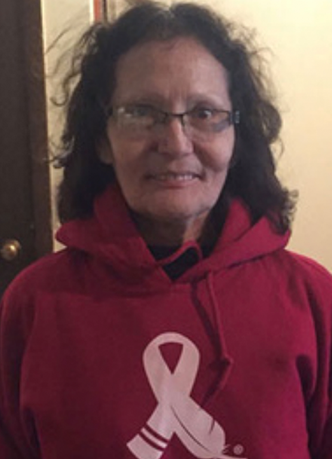Hard Rock will sell a signature PINKTOBER STRONGER TOGETHER pin designed by Seminole Tribe of Florida artist Wilson Bowers benefitting the American Indian Cancer Foundation to support Native Americans impacted by breast cancer.
HOLLYWOOD, Fla., Sept. 25, 2025 /PRNewswire/ — Hard Rock International is proud to announce its 26th annual PINKTOBER campaign in partnership with Sports Illustrated Swimsuit ahead of this Breast Cancer Awareness Month. As a global entertainment and hospitality brand guided by the principle “All is One,” Hard Rock is leveraging every touchpoint to support the cause throughout October, from a limited-edition retail collection to special menu items and events.
A portion of proceeds from PINKTOBER sales each year are donated to the Hard Rock Heals Foundation®, the charitable arm of Hard Rock, to support breast cancer awareness and research worldwide. The program has raised over $13 million for breast cancer research since its inception.
“At Hard Rock, we work to improve lives and help communities, and one of the ways we honor this mission each year is during PINKTOBER,” said Stephanie Piimauna, Senior Vice President of People & Inclusion at Hard Rock International and Seminole Gaming. “We’re thankful to those who share their stories and for our partners and team members who develop excellent merchandise and experiences so our guests can support this important cause during their visits.”
Sports Illustrated Swimsuit Merchandise at Rock Shops Encourage Early Detection
Hard Rock is proud to partner with Sports Illustrated Swimsuit on an exclusive retail collection of pins, shirts, hoodies, hats, tumblers and tote bags in partnership with models Roshumba Williams, Jasmine Sanders and Nicole Williams-English who lent their powerful voices and personal stories to the cause. More than a collection, this partnership brings together two iconic brands in strength and solidarity.
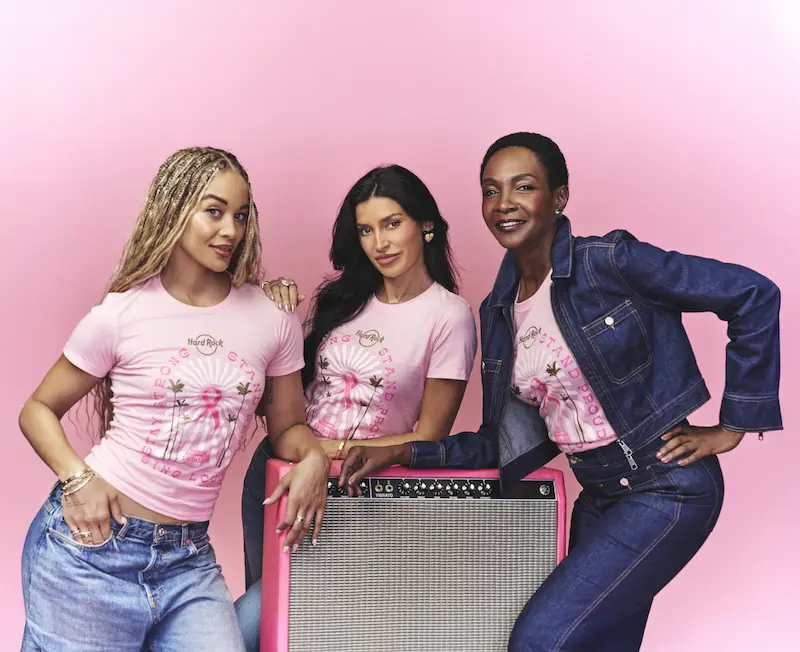
Sports Illustrated Swimsuit models Jasmine Sanders, Nicole Williams-English and Roshumba Williams model the Hard Rock PINKTOBER collection benefitting breast cancer research
For model Roshumba Williams, the PINKTOBER campaign is a personal mission. In the past nine months, three of her closest friends have been diagnosed with breast cancer.
“When this came up, my heart, you know, leaped out of my chest, and I couldn’t believe that these two incredible brands were coming together to help spread this message and tell this story,” said Williams. “It was so closely related to what I was actually going through as a support system for my friends, as a woman, for women’s health, and it’s everything.”
Model Jasmine Sanders’ Aunt Barbara is a survivor. She hopes this campaign encourages early detection, regular checkups and continued research.
“I hope this campaign sends a beautiful message to everybody who’s possibly struggling with breast cancer or had it in the past,” Sanders said. “I hope to bring awareness and get as many people behind us to really do the research, get those checkups and make sure that you’re taking care of yourself. I think everybody has someone close to them that has possibly struggled. I know I have, and we all want to just make sure everybody’s OK and healthy. So, check on yourself too.”
The PINKTOBER Sports Illustrated Swimsuit collection is available now at shop.hardrock.com and in Rock Shops beginning October 1.
Unity™ by Hard Rock Mastercard Gives Back Through Every Transaction
Unity™ by Hard Rock Mastercard® cardmembers will help raise money simply by using their card during PINKTOBER. Thanks to Bread Financial, a small portion of every transaction made with a Unity™ by Hard Rock Mastercard® during the month of October will be donated to the Hard Rock Heals Foundation® (up to $75,000). For more details, visit www.hardrock.com/PINKTOBER.
STRONGER TOGETHER Pin Supports Indigenous Communities Impacted by Breast Cancer
Starting PINKTOBER through the end of Native American Heritage Month (October 1 – November 30), Hard Rock will sell a signature PINKTOBER STRONGER TOGETHER pin designed by Seminole Tribe of Florida artist Wilson Bowers, with 100% of net proceeds donated to the Hard Rock Heals Foundation®, benefitting the American Indian Cancer Foundation to support Native Americans impacted by breast cancer. Visit shop.hardrock.com to purchase.
Hard Rock Hotels
Hard Rock Hotels across the globe are joining the brand’s annual campaign with a vibrant lineup of charitable and immersive offerings, from live entertainment to themed food and beverage creations, spa and wellness experiences, jewelry-making classes, community events, and more.
Through its Sound of Your Stay® program, Hard Rock Hotels around the world will empower guests to connect with music while contributing to the cause by renting or purchasing pink vinyl records with inspiring songs to play in their rooms or borrowing pink electric and acoustic guitars.
The brand will also honor those impacted by breast cancer, including survivors and caregivers, by donating more than 100 room nights in complimentary vacations at all-inclusive properties in Mexico and the Caribbean. Follow @hardrockhotels on Instagram for more information.
Hard Rock Cafes
Hard Rock Cafes will celebrate PINKTOBER with locally driven initiatives in honor of Breast Cancer Awareness Month. Activities may include themed dinners, charity nights and live music performances featuring talented female artists from the community.
Hard Rock Casinos
Throughout PINKTOBER, Hard Rock Casinos will host charitable activations, including select table games and slot tournaments, as well as entertainment programming where a portion of ticket sales will benefit the Hard Rock Heals Foundation® in support of breast cancer awareness, research and patient services. Guests can also contribute through Hard Rock’s Change for Change program by donating spare change from redeemed gaming vouchers at participating properties throughout the month. Proceeds will support national and global nonprofit partners advancing cancer research and assisting those impacted. For property-specific details, visit casino.hardrock.com.
Hard Rock Games
Players can support PINKTOBER with every spin on Jackpot Planet or Neverland Casino. Throughout the month, Hard Rock Games will reward select lucky players with exclusive PINKTOBER merchandise and make a donation for every million spins. Plus, players who link their Unity by Hard Rock™ account will unlock extra rewards and additional chances to win PINKTOBER prizes.
Hard Rock Bet
Hard Rock Bet is proud to support PINKTOBER by making a donation to the Hard Rock Heals Foundation® for every new player that joins its top-rated sportsbook and online casino app during October. The campaign will also be highlighted through in-app PINKTOBER-themed elements and amplified at events to raise awareness and drive support.
Visit www.hardrock.com/PINKTOBER for more information and to find your nearest Hard Rock. Additionally, to donate and discover more ways to fight against breast cancer, visit donate.cancer.org.
About Hard Rock Heals Foundation®
The Hard Rock Heals Foundation is a 501c(3) founded in 2016 in order to unite all philanthropic efforts, including global initiatives and local events, under one charity platform to benefit one common goal: making the world a better place by serving people and our planet. The foundation’s motto, Love.Amplified., seeks to inspire us all to turn up the volume and deliver the message that lives can be improved by the healing power of music. The Hard Rock Heals Foundation provides grants and assistance to health and wellness, disaster relief, humanitarian causes and more around the world. All funds raised through Hard Rock’s various philanthropic efforts at cafes, hotels, casinos and other venues are used to support global and local efforts that align with Hard Rock’s core values of philanthropy and giving. The Hard Rock Heals Foundation initiatives include an exclusive merchandise collection, philanthropy- driven Hard Rock Hotel suites which benefit the cause, casino programs, live music donations and much more.
About Hard Rock®
Hard Rock International (HRI) is one of the most globally recognized companies with venues in nearly 80 countries spanning more than 300 locations including owned/licensed or managed Hotels, Casinos, Rock Shops®, Live Performance Venues and Cafes. Beginning with an Eric Clapton guitar, Hard Rock owns the world’s largest and most valuable collection of authentic music memorabilia with more than 88,000 pieces displayed at locations around the globe. The Unity™ by Hard Rock global loyalty program rewards members for doing the things they love across participating properties. In addition, Hard Rock Digital spotlights the sports betting and iGaming experience with products remixed in the spirit of Hard Rock for players worldwide.
HRI has received numerous industry, destination and workplace awards across the travel, hospitality, gaming, entertainment and food & beverage sectors. HRI currently holds investment grades from primary investment-grade rating agencies: S&P Global Ratings (BBB) and Fitch Ratings (BBB). For more information on Hard Rock International, visit www.hardrock.com or shop.hardrock.com.
About Sports Illustrated Swimsuit
The Sports Illustrated Swimsuit issue is one of the most recognizable and influential symbols of pop culture. Featuring talent from around the world, the issue has become a revered launching pad for successful careers in media, fashion, business, TV and film. The iconic and innovative institution continues to set the cultural tone and evoke discussion about what defines beauty on a global scale. Sports Illustrated Swimsuit has become a lifestyle platform that champions body confidence and self-expression, and connects with diverse audiences through digital content and signature experiences that nurture the body, soul and spirit. Sports Illustrated Swimsuit remains steadfast in its goal of providing an inspirational media platform for individuals where they can connect, explore and engage with 24/7 content that speaks to wellness, travel, style and beauty. For more information, visit swimsuit.si.com. Follow Sports Illustrated Swimsuit on Instagram, TikTok and Facebook.
SOURCE Hard Rock International

